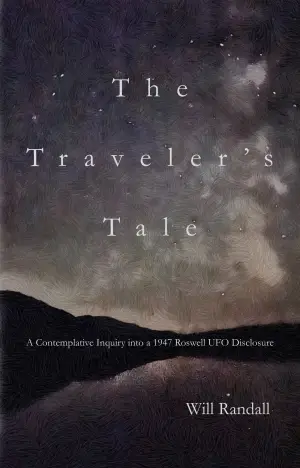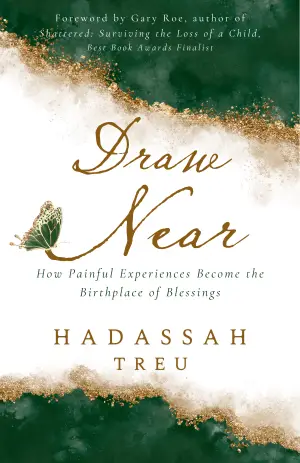The God of Small Things: A Haunting Journey Through Love and Loss
When I first picked up Arundhati Roy’s The God of Small Things, it was the book’s reputation that drew me in—a Booker Prize winner, celebrated and oft-quoted. But as I turned the pages, it was not just the accolades that captured my heart; it was Roy’s lyrical prose and the deeply woven narrative that made me feel as if I were walking through the dust and humidity of Kerala, feeling the weight of societal expectations and the lightness of forbidden love.
The story opens in Kerala, India, in 1969, chronicling the lives of fraternal twins Estha and Rahel, whose innocent world is irrevocably shattered by the arrival of their cousin Sophie Mol. This isn’t merely a tale of childhood; it’s a labyrinthine exploration of how one fateful day spirals into a lifetime of grief, layered with the complexities of love, caste, and societal norms. As a reader, I found myself ensnared by the raw emotions each character portrayed, especially through the eyes of the twins, where innocence dances perilously close to tragedy.
One of the most striking features of Roy’s writing is her ability to blend the mundane with the profound, creating a narrative rich in texture. The use of non-linear storytelling—jumping back and forth through time—initially made me feel disoriented, but it soon became a powerful device that allowed me to feel the weight of anticipation and sorrow building to a poignant climax. The tender yet tragic love affair between Ammu, the twins’ mother, and Velutha, an “untouchable,” is portrayed with such intimacy and depth that it stirred my heart. It raises crucial questions about societal boundaries, love’s defiance against oppression, and the often-harrowing consequences that follow.
Roy’s prose is poetry. I found myself rereading sentences, captivated by her imaginative language and the way she plays with structure—a delightful dance of thoughts that felt both chaotic and meticulously crafted. Phrases like “life was full of Beginnings and no Ends, and Everything was Forever” sang to me. They lingered, echoing long after I had turned the page. The language not only paints vivid imagery but also mirrors the emotional turmoil of the characters.
What struck me most was how the ‘small things’—the seemingly trivial moments of love, childhood games, and fleeting interactions—carry the gravitas of the ‘big things’ that remain unspoken. It’s a profound reminder of how the smallest actions have monumental repercussions.
As I closed the book, a sense of quiet urgency settled in my chest. The God of Small Things is not merely a novel; it’s an experience that resonates. It speaks to anyone who has ever felt the weight of societal scrutiny or the bittersweet nature of love. The emotional depth Roy brings, coupled with her striking observations of human nature, makes this book a compelling read.
I wholeheartedly recommend The God of Small Things to readers who love rich, character-driven narratives that delve deep into the intricacies of human relationships and societal constraints. It will prompt discussions and introspection, revealing that sometimes the smallest moments leave the greatest impact. This book has left an indelible mark on me, intertwining my thoughts with its vivid storytelling, reminding me of the power of love, memory, and ultimately, the stories we weave through our lives.

















